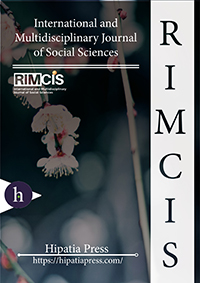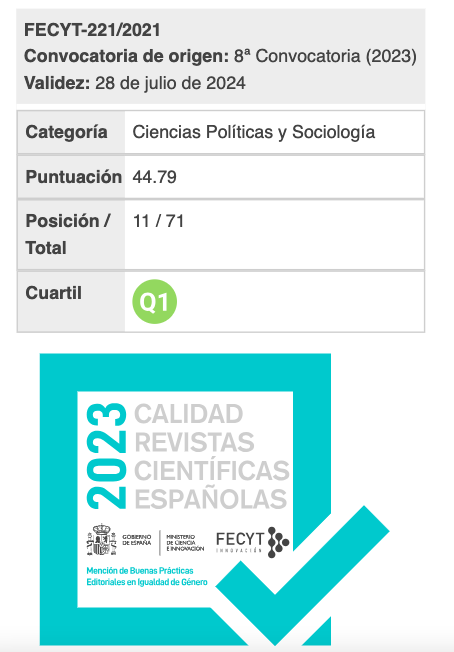Mixed Methods? Do They Really Work? A Commentary
Keywords:
Downloads
Abstract
In this short commentary, I comment on the state and popularity of mixed methods in social sciences in recent decades. While quantitative and qualitative methods are considered complementary, I question the use of mixed methods by scholars without deeper reflections on the epistemological and methodological foundations of these two methods. My contention is that researchers cannot simply combine qualitative and quantitative methods without explicating how they reconcile and negotiate their different foundations. These two methods are not just tools. The act of mixing them without reflections is simply not sufficient. Reconciling and reflecting upon the foundational differences between these two methods would be an essential step.
Downloads
References
Alvesson, M., & Skoldberg, K. (Eds.). (2009). Reflexive methodology: new vistas for qualitative research. Thousand Oaks, CA: Sage.
Google Scholar CrossrefCoffey, A. (1999). The ethnographic self: fieldwork and the representation of identity. Thousand Oaks, CA: Sage.
Google Scholar CrossrefDevault, M. (1999). Liberating method: feminism and social research. Philadelphia, PA: Temple University Press.
Google Scholar CrossrefGitlin, A. (1994). Power and method: political activism and educational research. New York, NY: Routledge.
Google Scholar CrossrefInternational and Multidisciplinary Journal of Social Sciences, 2(3) 235
Google Scholar CrossrefHarding, S. (1986). The science question in feminism. Ithaca, NY: Cornell University Press.
Google Scholar CrossrefHarding, S. (1991). Whose science? whose knowledge?: thinking from women’s lives. Ithaca, NY: Cornell University Press.
Google Scholar CrossrefHarding, S. (Eds.). (2003). The feminist standpoint theory reader: intellectual and political controversies. New York, NY: Routledge.
Google Scholar CrossrefHertz, R. (1997). Reflexivity and voice. Thousand Oaks, CA: Sage Publication.
Google Scholar CrossrefHesse-Biber, S. N., & Yaiser, M. (Eds.). (2004). Feminist perspectives on social research. Oxford: Oxford University Press.
Google Scholar CrossrefLather, P. (2007). Getting lost: feminist efforts toward a double(d) science. State University of New York.
Google Scholar CrossrefZuberi, T., & Bonilla-Silva, E. (2008). White Logic, white methods: racism and methodology. Lanham, MD: Rowman & Littlefield.
Google Scholar CrossrefDownloads
Published
Almetric
Dimensions
How to Cite
Issue
Section
License
All articles are published under Creative Commons copyright (CC BY). Authors hold the copyright and retain publishing rights without restrictions, but authors allow anyone to download, reuse, reprint, modify, distribute, and/or copy articles as the original source is cited.















